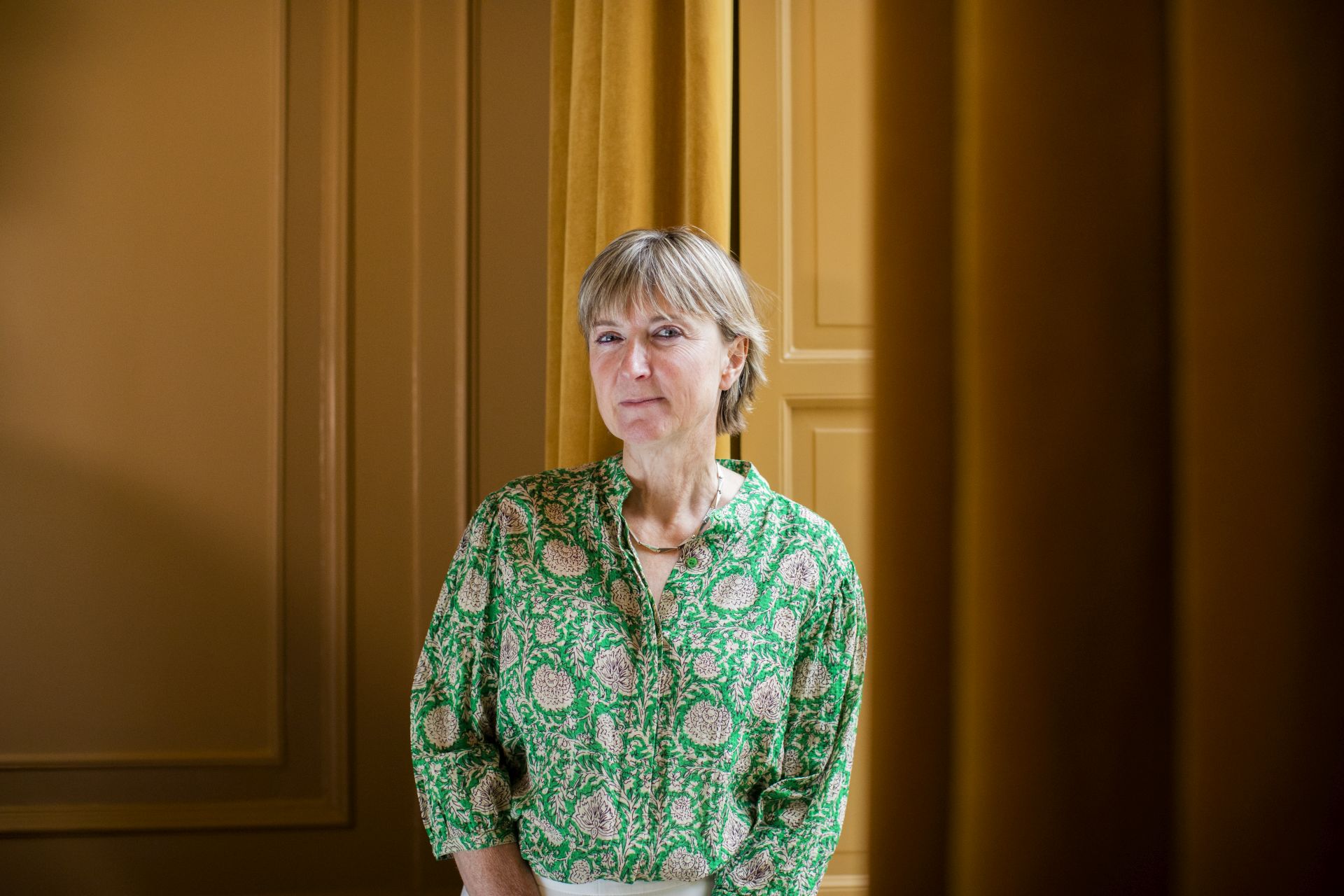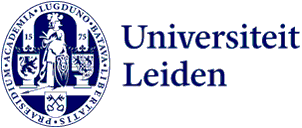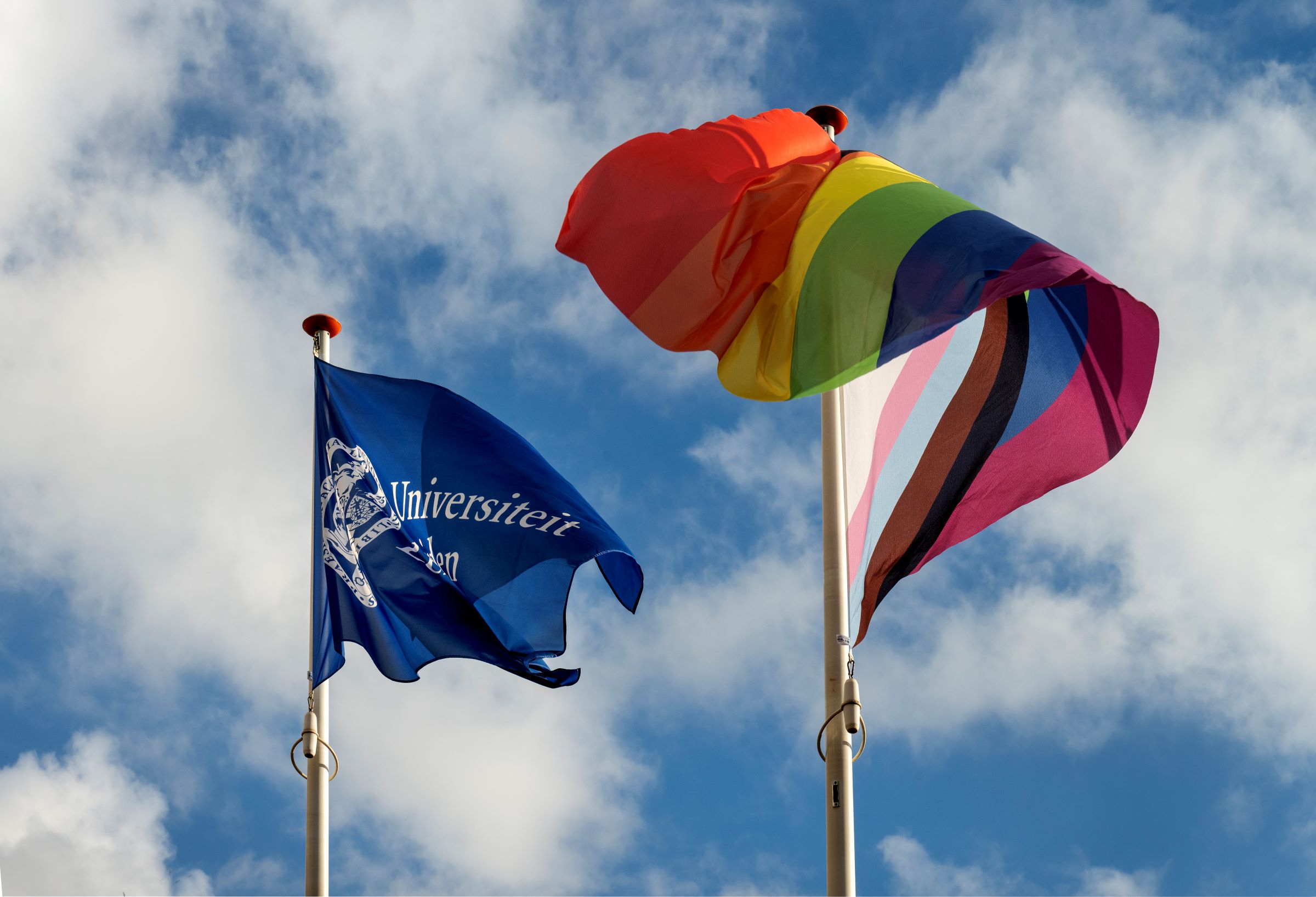
Purple Friday: ‘I try to give the community some support’
Purple clothing and a pride flag flying from all University buildings: Leiden University is once again taking part in Purple Friday. How do people experience this day? We asked some employees and students of the Faculty of Humanities.
On Purple Friday, school pupils and students show their support for the LGBTQ+ community by wearing purple clothing. In addition, the pride flag is raised on Leiden University buildings. This year, the flag was raised symbolically at the old University Library by Assistant Professor Looi van Kessel, Assessor of the Faculty Board Nova Verkerk, and student Castor Smiet.
Community or no community
In addition to his work as a lecturer, Van Kessel also chairs the University's LGBTQ+ network. ‘When I studied at Leiden University, I often felt a bit displaced,’ he says. ‘I was allowed to be there, but I had no community, also because there was little to do in Leiden for queer students. That is why I'm really happy that we now have Purple Friday. This kind of initiative can make it easier for queer students to become part of a community.’
Assessor Nova Verkerk agrees with the importance of community building. ‘Last year, on Purple Friday, I attended a lecture on queer history at Roze Beurs, and this summer, I sailed on the University boat during the Pride event. At these kinds of events, you feel so much support: I couldn't stop smiling. So I’m glad that even more study associations are taking part in Purple Friday this year. That is how we become more and more inclusive as a Faculty.’
‘At least as someone who is openly queer, I always feel at home,’ adds student Castor Smiet. ‘On other campuses I can still sometimes feel like the odd one out, but at the Faculty of Humanities, I can really be myself. Purple Friday is a great reminder that this is not something queer people can take for granted.’
Room for different standards
Still, there is still room for improvement at Leiden University too, all three interviewees agree. ‘In my case, it's pretty visible that I am queer, but I hear from others for whom that is less obviously the case that people still tend to assume a heteronormative standard,’ says Smiet. Verkerk nods in agreement: ‘I happen to be in a relationship with a man at the moment, so I sometimes feel that I have to emphasise that I like women too. People still automatically assume that you are attracted to a gender, rather than a person.’
‘It remains important that our heterosexual fellow students and colleagues become aware that there are students and colleagues from the LGBTQ+ community around, so that they can make room for them too,’ says Van Kessel in summary. ‘This sometimes involves really small things. If you're chatting at the coffee machine, it's nice if you don't automatically assume that the other person was on holiday with a partner of the opposite sex. That way you help others to feel seen and at home at the University. Our colleague Jojanneke van der Toorn has done some great research on this topic.’
Showing support
In addition, the University is working hard at policy level to create a safe community. ‘For example, a growing number of buildings now have gender-inclusive toilets, and this year, the University established a communication policy on how to address people inclusively. With these steps, we’re trying to normalise the idea that not everyone is cis-gender,’ Van Kessel explains. ‘Homosexuality and bisexuality may have become more accepted in recent years, but trans- and non-binary people still experience a lot of resistance from society. Our aim with this policy is to normalise the idea that everyone at the University is different. On Purple Friday, I try to communicate this more clearly still by pinning some buttons with the trans flag on my jumper. That way, I try to give the community some support.’

President of the Executive Board Annetje Ottow: 'Last year, we took an important step by introducing gender-inclusive forms of address in our official communications: think of contracts, notifications, and PhD defence ceremonies. This has focused more attention to gender inclusivity in the workplace, among supervisors and departments. Colleagues from many different departments contributed to this policy. It's a great example of the crucial role of the LGBTQ+ network in sharing their questions and concerns, and how we can work together to create a safe and inclusive community for everyone.’
Want to keep up to date with Leiden University's activities around queer diversity and inclusion? Please sign up for the newsletter of the LGBT+ Network. The Faculty also encourages an inclusive learning environment. Do you have ideas for this? Please sign up for the JEDI fund.




